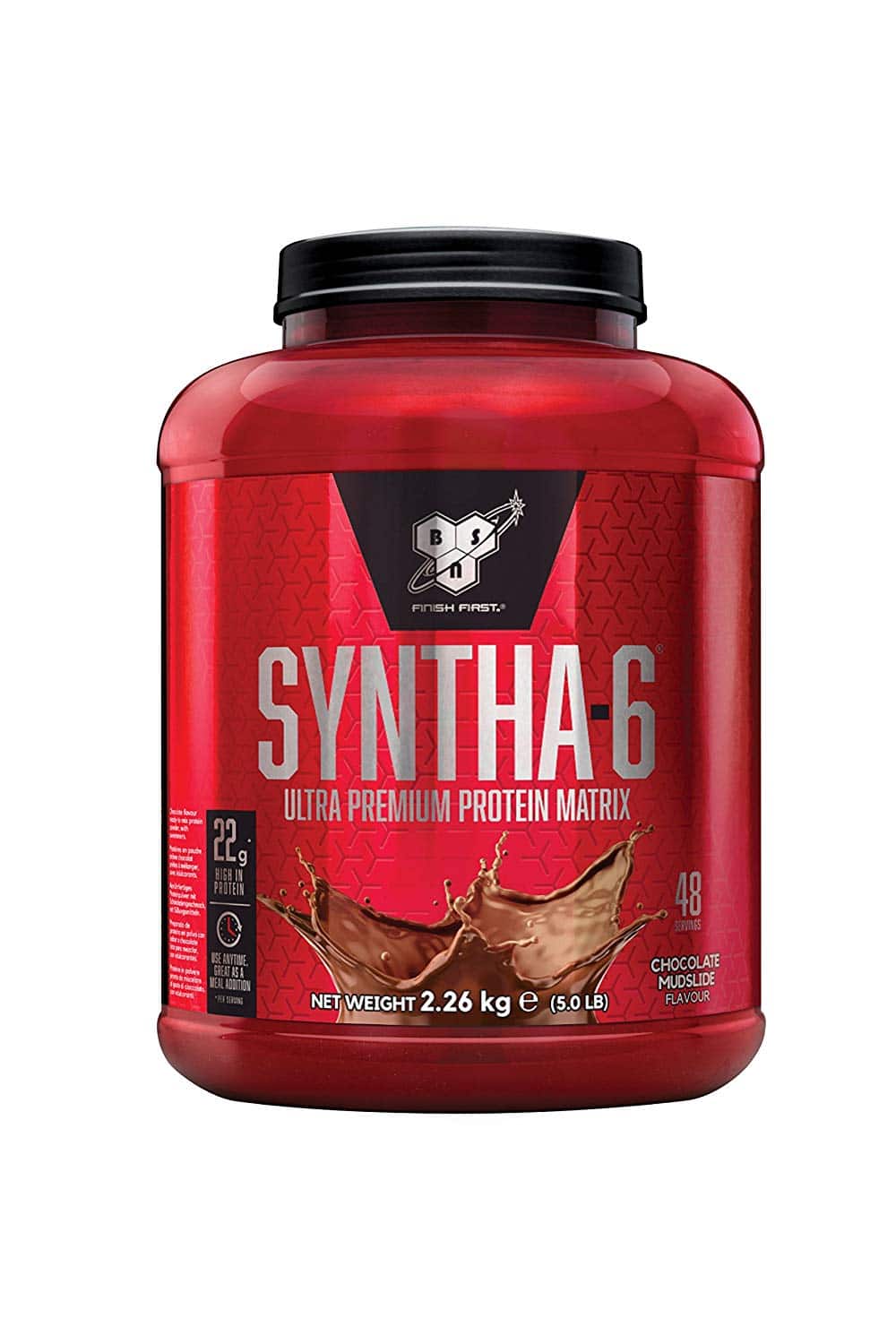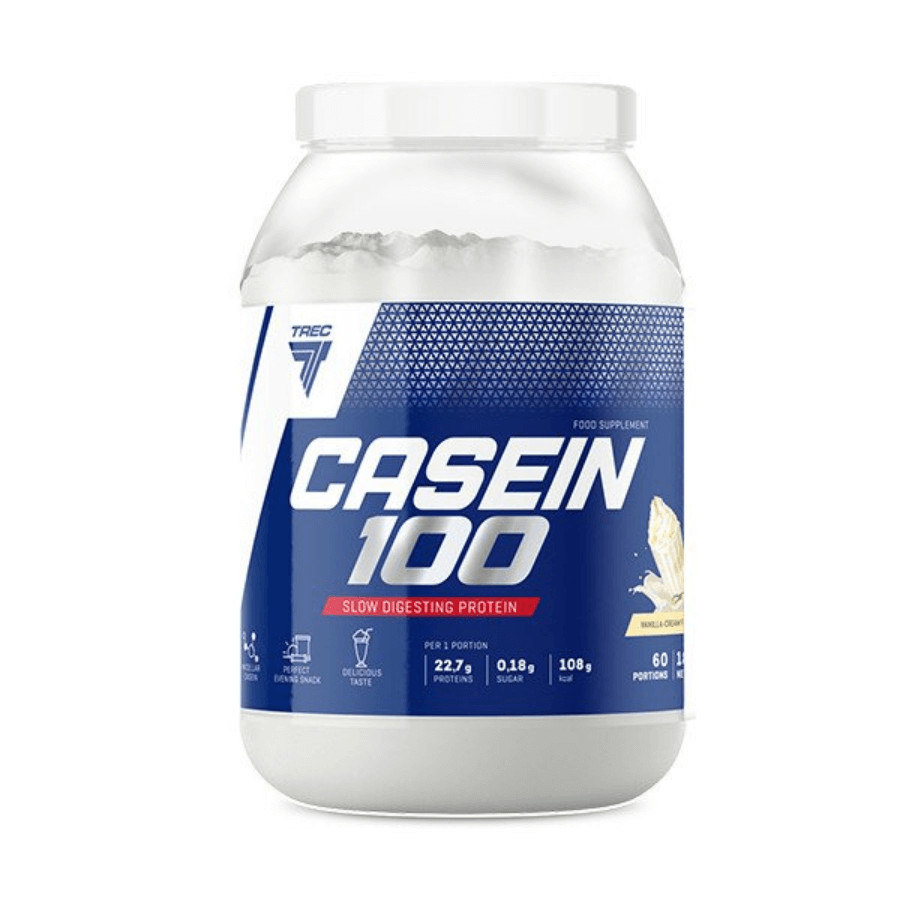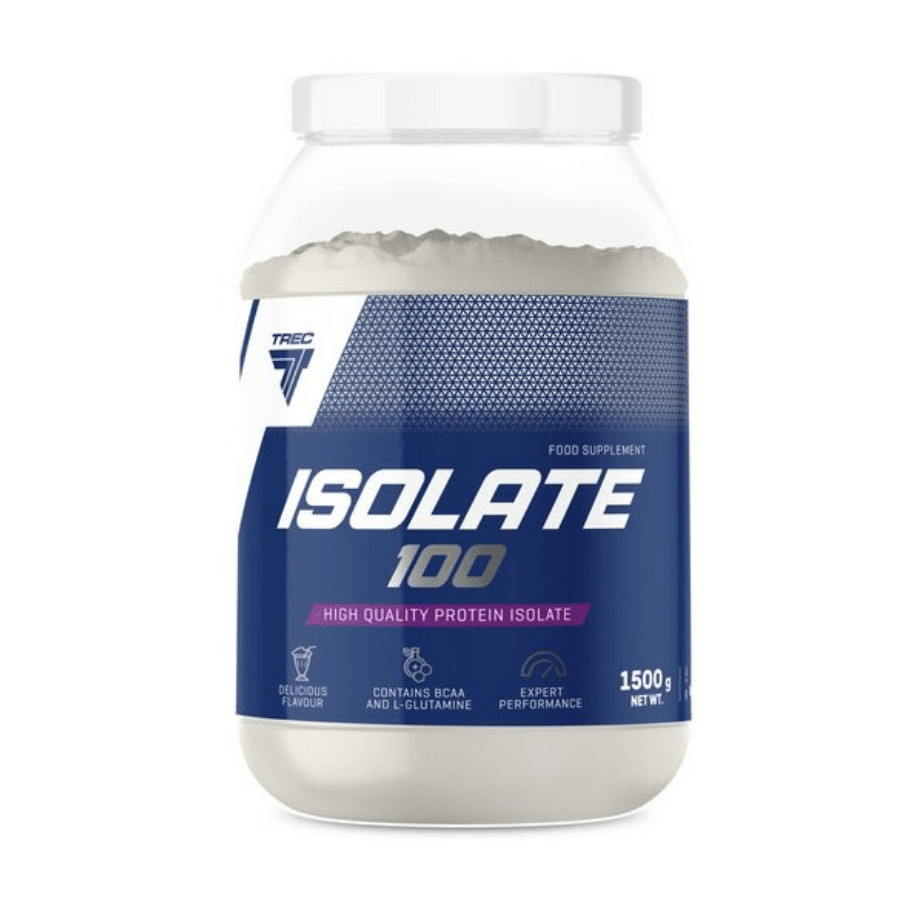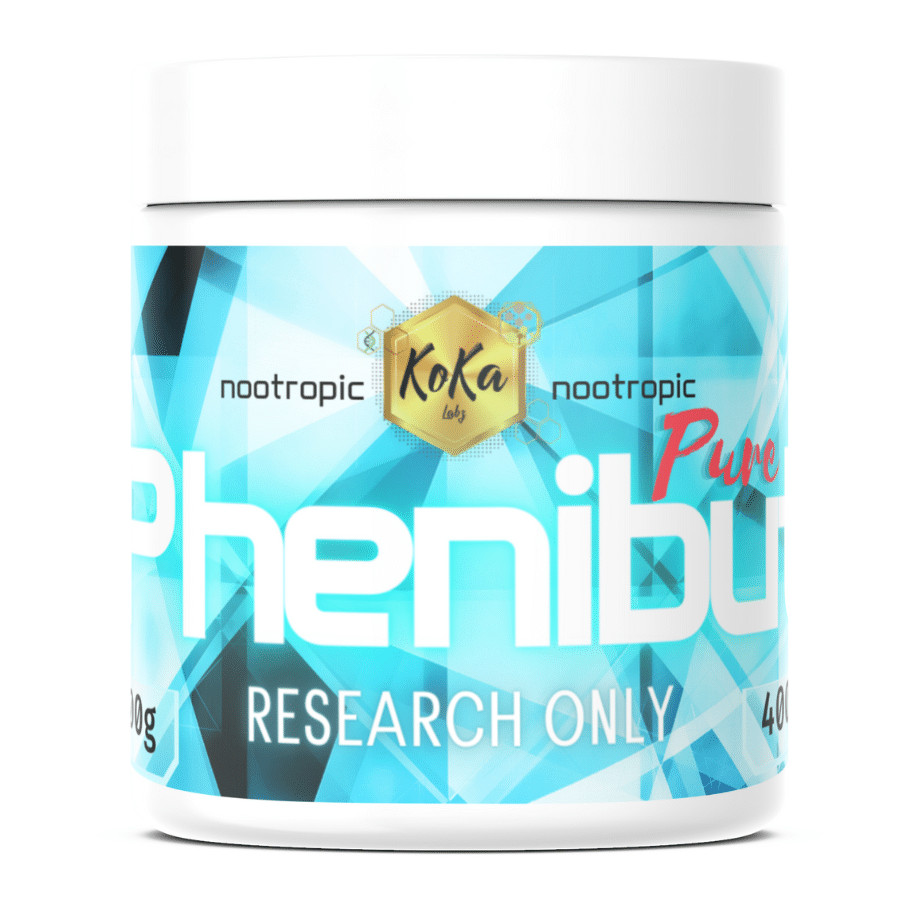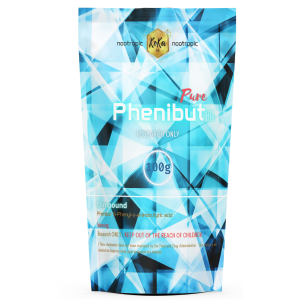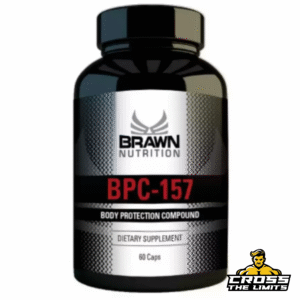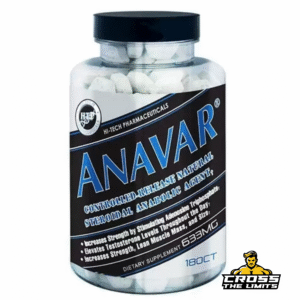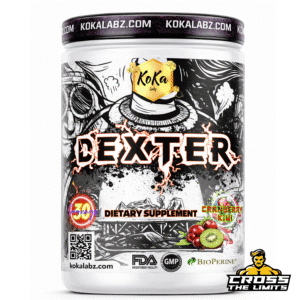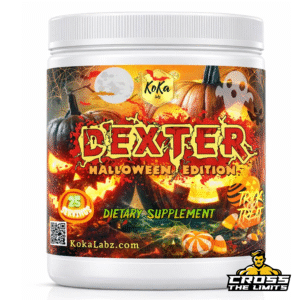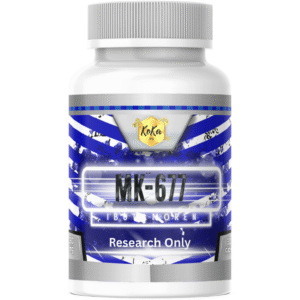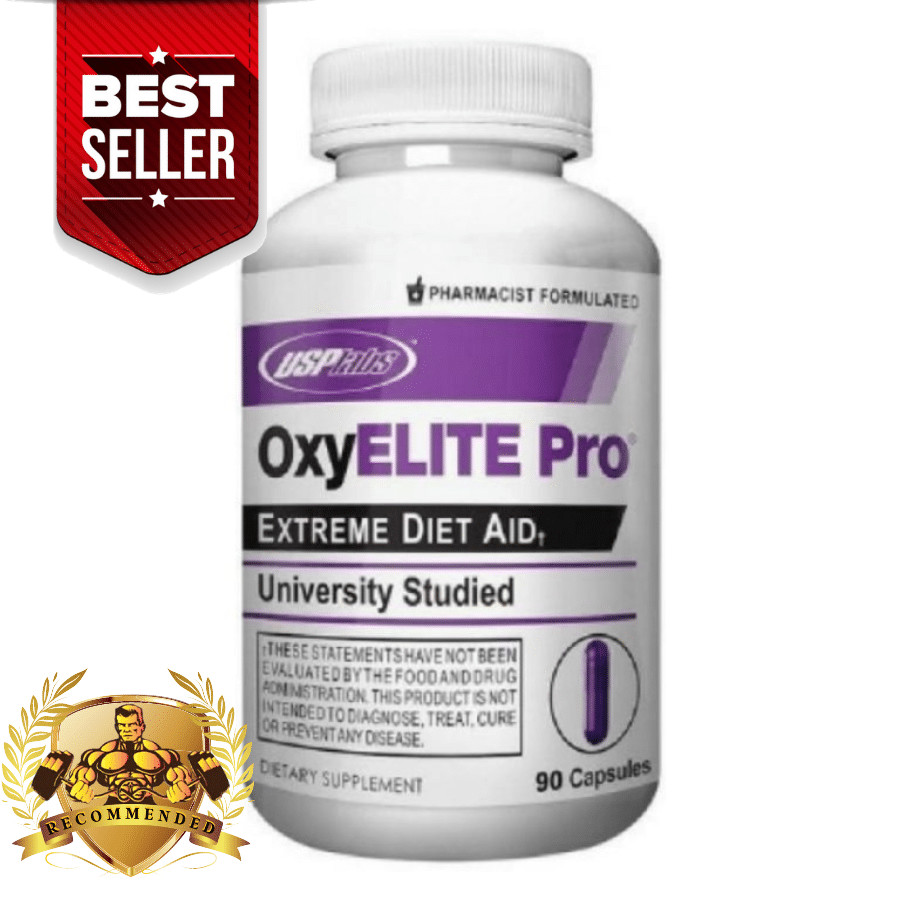Protein is an important building material for muscle, nerve and glandular tissue. It is also one of the main components of the diet, especially for people who play sports daily and do a lot of physical activity – including at the gym. They form a unique group whose members have a much higher protein requirement.
What is essential, the question of how to increase protein supply during sport is quite debatable. Still, it is indicated that the safe range is up to about 2 g per kilogram of body weight in physically active people. Whether you aim to build muscle mass or lose weight, protein is a vital muscle builder, preventing excessive muscle tissue loss and regulating hunger. So it’s worth knowing when to use protein supplements, such as whey protein, and the daily intake.
What is whey protein?
Whey protein results from ultra- and microfiltration of whey, which is a by-product of cheese production. In the substance obtained, we find, for example, albumin, β-lactoglobulin, lactoferrin or immunoglobulins. It is characterised by high protein content. Thanks to relatively inexpensive and straightforward production, whey protein is cheap and widely available. It is also the product most often chosen by athletes.
We can distinguish three basic types of whey protein preparations:
concentrates – protein content 30-80%; it has fats and carbohydrates in its composition, which has a positive effect on the taste; they are suitable for muscle development and strengthening,
isolates – protein content 80-90%; the lower amount of fats and carbohydrates, better absorption; effective especially for fat tissue reduction, but also brings effects for muscle building
hydrolysates – are created as a result of enzymatic modifications which break some of the bonds in the molecules; they are immediately absorbed and used by the body, especially recommended for people who want to burn excess weight as quickly as possible.
Whey protein has high solubility and viscosity. It binds perfectly with water and emulsifies fat. Consumption of 14 g covers the daily demand for endogenous amino acids by a 70 kg person. It is worth adding that whey protein occurs naturally in the milk of mammals, including women.
About the author
Check other posts

What pre-workout supplements can you take every…
February 17th, 2026
Read more
Where to buy the strongest fat burner…
February 10th, 2026
Read more
How to choose the best muscle-building supplements.…
January 30th, 2026
Read more
